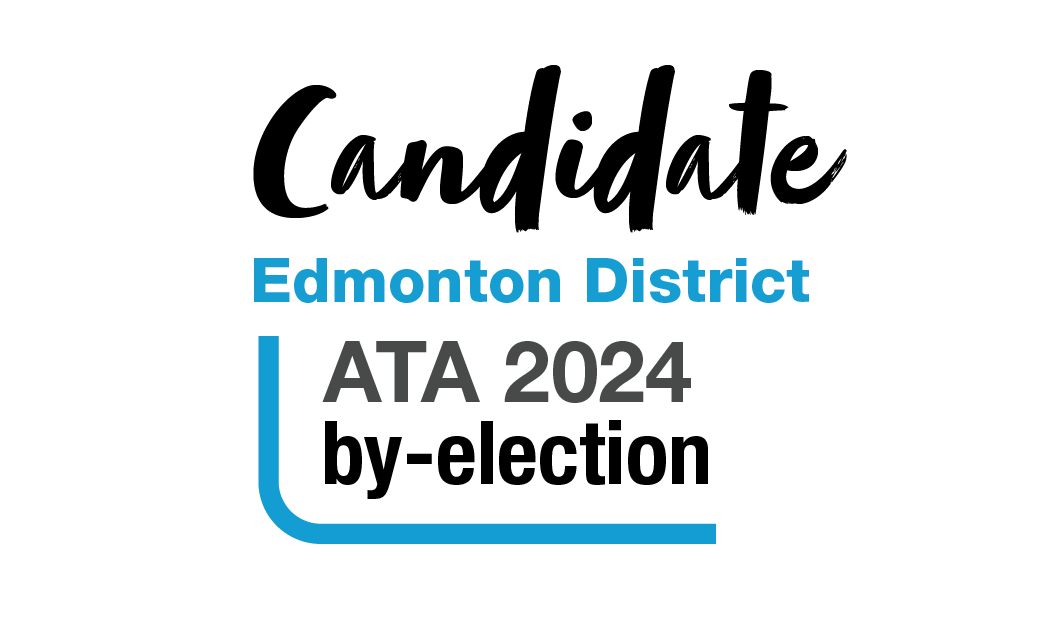When the Board of the Canadian Teachers’ Federation (CTF/FCE) meets and shares examples of realities in the classrooms across this country, there is no shortage of stories about insufficient resources, supplies and tools, not to mention the shortage of teachers. It is fair to say that our education systems here in Canada have their challenges. Why, then, would the CTF/FCE or any other teacher organization in Canada spend money and invest time in planning and carrying out programming in other parts of the world?
The short answer is because we can and because we should. We do it because it is the right thing to do. In fact, it is part of the CTF/FCE stated purpose that “as a federation of member and associate organizations, the CTF/FCE promotes and supports quality inclusive publicly funded public education, in all its forms. Further […] we uphold teaching as a profession and advocate for adequate resourcing, labour rights and social justice, across Canada and around the world.” So, in short, the “why” is simply that it is part of our mandate and our purpose as an organization. But it goes well beyond that.
The very basis of unionism is solidarity. While we have issues to confront, we also have the privilege of living in a country where (for the most part) human rights are respected, where basic education is available to all, and where we can openly meet as members of a labour organization and express our opinions, freely. That, sadly, is not the case in all parts of the world. We cannot and should not forget that while we are citizens of whatever province or territory we happen to live in, we are also citizens of this country and members of the global community. It was just a few decades ago when former prime minister Pierre Trudeau declared himself to be a global citizen, and it was perceived as an announcement of some exotic reality. Today, it is simply a matter of fact. With over 100 armed conflicts happening in the world right now, we would be naïve to think we can live unaffected by what is “over there,” “across the ocean” and “outside our borders.” We not only have to be aware of what is going on in the world, we have the responsibility to do our part to mitigate the damage being done to our fellow citizens, whether that be an erosion of rights, a loss of dignity or an injury to humanity. That is also why we do the work we do.
And what is it that we do in international and social justice work? Through the support of member organizations, like the Alberta Teachers’ Association, we provide financial and technical support in three core areas: (1) Teachers’ Action for Teaching, focusing on the professional development of educators; (2) Teachers’ Action for Gender Equality, fostering the empowerment of girls and women; and (3) Teachers’ Action for Teaching Organizations, helping to develop the organizational capacities of teacher unions and their leaders. In all contexts and in all cases, when determining where to work and what specific work to support, we consider the needs, priorities and capacities of our international partner organizations. While we do not impose our values and we respect cultural norms, we work, for example, to influence attitudes and propose alternatives to corporal punishment in schools, to stop school-related gender-based violence and to promote more child-centered pedagogy. We assist unions to build their capacity, to learn skills like negotiating, advocacy and member recruitment, engagement and retention. We help our partners to find ways to empower girls and women to take their place not only in their unions but in society. We fund research and we share our knowledge and experience with under or unqualified individuals who have taken on the responsibility of teaching.
We have been doing this work for years and there is no quick fix. While there will always be work to do, there has been amazing evidence of progress and reciprocal learning.
We are proud to teach, and we are humbled to learn as well. The significant lessons for us? That tools and resources will never replace what matters most for quality education — a qualified teacher. That while underfunding to some degree can go unnoticed or be covered up, chronic and sustained underfunding will have harmful and irreparable societal impacts. We see things as they could be, as they should be and as they are, which is not what they ought to be for a quality, inclusive, publicly funded public education for all (our ultimate goal).
This work is like the journey of a nomad travelling on a camel across the desert. The child on the saddle behind asks innocently and hopefully, “Are we there yet?” The answer is, “We’re nomads, child, we will be continuously on our way.” The journey is sometimes more important than the destination.
The great challenges we face — climate, migration, security, health and, yes, education — can only be addressed if we cooperate with other countries. International development cooperation is an investment in our well-being and the future for us all. ❚
Beverley Park has worked with the CTF/FCE for seven years and, before that, worked with one of CTF/FCE’s member organizations for over 20 years. She has an enduring passion and relentless energy for all that is education and education for all.


